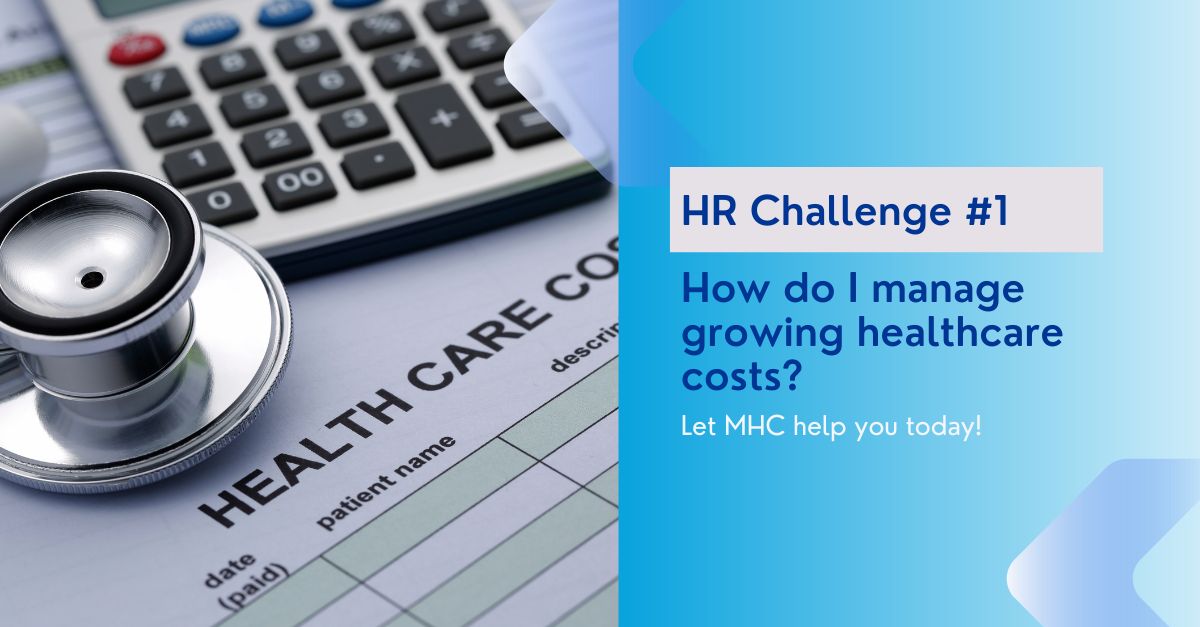
HMI Group Expands Specialist Offering with Majority Stake Acquisition of Harley Street Heart & Vascular Centre
This acquisition reinforces HMI Group’s ambition to provide one-stop healthcare services and capabilities to patients in Singapore and the region
The partnership is a step towards building a leading cardiology group in Southeast Asia, leveraging HMI Group’s integrated healthcare network, growing patient base and regional presence
Singapore – 1 November 2023 – Health Management International Pte Ltd (“HMI Group”), a regional private healthcare provider with presence in Singapore, Malaysia, and Indonesia, continues its expansion by acquiring a majority stake in The Harley Street Heart & Vascular Centre (“Harley Street”), a leading private cardiovascular group in Singapore.
Founded in 2012, Harley Street is the first combined heart and vascular group in Singapore offering multidisciplinary specialist care for patients with cardiovascular diseases (“CVDs”). Today, Harley Street operates four centres in Singapore and one in Cambodia together with a team of 5 cardiology and vascular surgery specialists. Harley Street offers a comprehensive range of subspecialities including advanced cardiovascular imaging, cardiac electrophysiology, interventional cardiology, heart failure and preventive cardiology, and vascular surgery.
CVDs remain the top cause of mortality in Singapore, accounting for 1 in 3 deaths in 2020.[i] The increasing prevalence of common risk factors such as obesity, hypertension, and hyperlipidaemia also contributes to this trend. Harley Street’s specialists will work closely with HMI Group’s primary care network to address the growing need for more accessible and comprehensive cardiovascular care, and support patients at every stage of their cardiovascular health journey.
This partnership complements HMI Group’s strategy of developing an integrated healthcare platform and broaden its specialist services portfolio in South East Asia. Ms. Chin Wei Jia, Group Chief Executive Officer of HMI Group, said, “Investing in Harley Street Heart & Vascular Centre is a significant step in broadening HMI Group’s portfolio to offer comprehensive healthcare solutions within and beyond hospital settings. This partnership aligns well with our mission to building healthier communities, and we are excited to welcome Harley Street into the HMI family. With the collective experience and track record of Dr Reginald Liew, Dr Rohit Khurana and Harley Street’s team of highly skilled and sub-specialised cardiology and vascular specialists, we look forward to supporting Harley Street’s growth aspirations to provide comprehensive cardiology and vascular care to local and regional communities.”
Dr Reginald Liew, Director and Senior Consultant Cardiologist at Harley Street expressed his optimism about the partnership and said, “Joining forces with HMI Group opens up new horizons for us to extend our cardiovascular expertise and specialist network in Singapore and across Southeast Asia. Through HMI Group’s strong network, we hope to elevate the standard of heart and vascular care and enable more patients to benefit from our commitment to excellence.”
Dr Rohit Khurana, Director and Senior Consultant General and Interventional Cardiologist added, “As the detection of heart problems often begins in the primary care physician’s office, HMI Group’s network of primary care doctors can refer patients for early specialist evaluation, allowing patients to be seen and treated more quickly while reducing their number of appointments. By forging a strong specialist-primary care partnership with the support of HMI Group, we can improve access to quality care, supporting different aspects of patients’ cardiovascular health.”
Tardis Capital advised Harley Street Heart & Vascular Centre in this transaction.
About HMI Group
Founded in 1998, HMI Group is a fast-growing regional healthcare provider committed to advancing healthcare and changing lives for communities across Southeast Asia. In Singapore, the Group owns StarMed Specialist Centre, an 11-storey one-stop ambulatory care centre, Eagle Eye Centre, the largest private ophthalmology group, OneCare Medical, a nationwide primary care chain, MHC Asia Group, a leading medical benefits administrator, and HMI Institute, the Group’s social enterprise providing healthcare education. In Malaysia, it owns two tertiary hospitals, Mahkota Medical Centre in Melaka and Regency Specialist Hospital in Johor. HMI also has a network of representative offices in Singapore, Malaysia and Indonesia.
For more information, please visit: www.hmi.com.sg
About Harley Street Heart & Vascular Centre
Established in 2012, Harley Street Heart & Vascular Centre is one of the leading private cardiology and vascular service provider in Singapore. Harley Street Heart & Vascular Centre operates a chain of four centres in Singapore and one in Cambodia together with five specialist doctors.
Harley Street Heart & Vascular Centre offers a wide range of cardiovascular subspecialties, such as coronary angiography and intervention, implantation of cardiac pacemakers and devices, catheter ablation of cardiac arrhythmias and peripheral vascular intervention.
In addition to general check-up the group offers screening packages and management plans tailored to patient’s cardiovascular needs.
For more information, please visit: www.harleystreet.sg/heart/
[i] https://www.moh.gov.sg/resources-statistics/singapore-health-facts/principal-causes-of-death

















